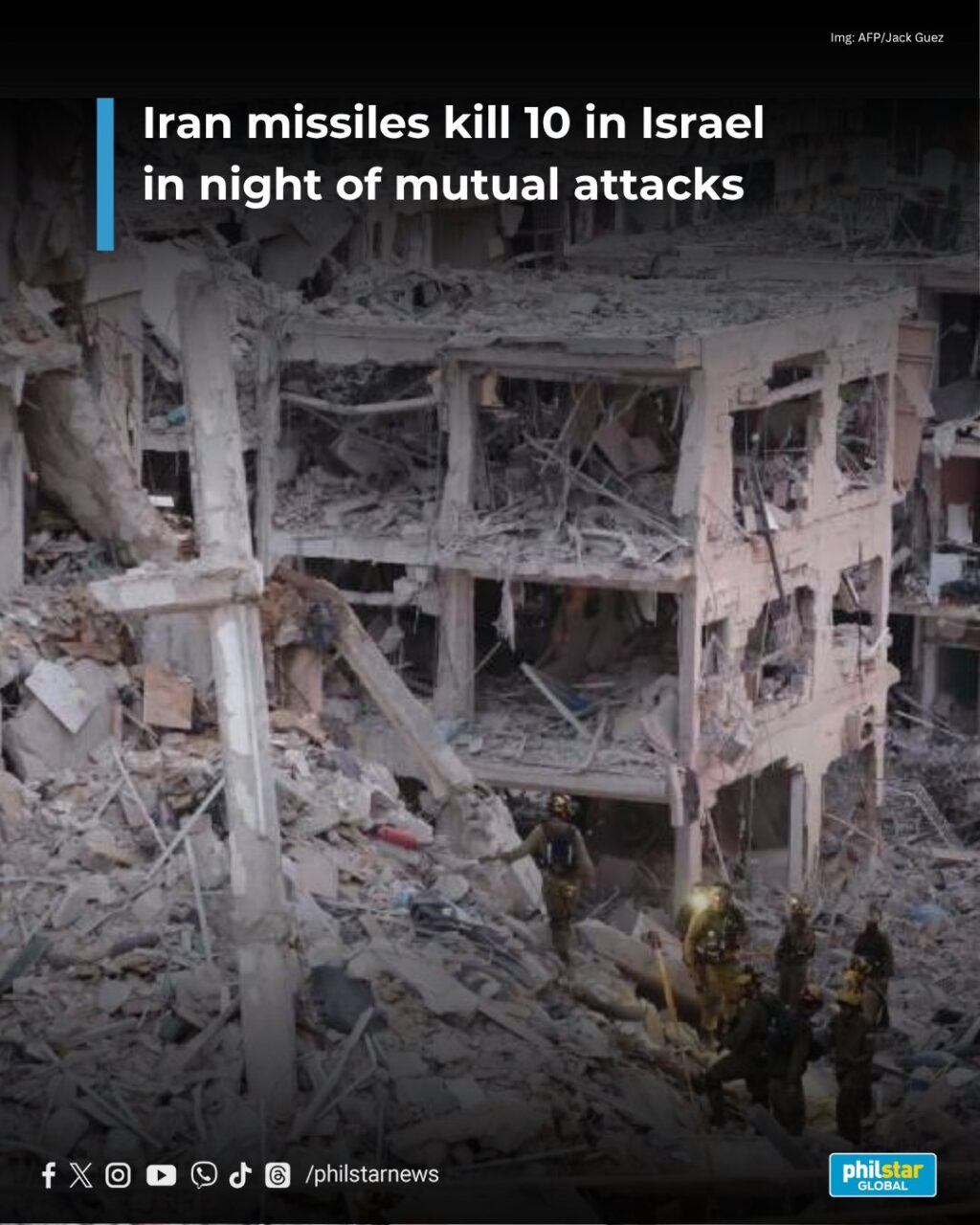
Introduction
The recent missile attack attributed to Iran has sparked significant discussions regarding its impact on regional security and international relations. As tensions continue to rise in the Middle East, understanding the motivations behind such aggressive actions and the potential repercussions is crucial for global stability.
Details of the Missile Attack
On October 5, 2023, Iranian forces reportedly launched a missile strike targeting a military facility in Iraq, which allegedly housed opposition groups to the Iranian government. This attack, which has been described as a show of force by Iranian leadership, follows a pattern of increasing military assertiveness in the region. While Iran claims the strike was aimed at eliminating terrorist threats, opponents argue that it is an aggressive gesture meant to project power amid diplomatic isolation.
International Reactions
The international community has reacted swiftly to the missile attack. The United States condemned the action, calling it a violation of Iraq’s sovereignty and warning that it could provoke further instability in the Middle East. Additionally, countries in the Gulf Cooperation Council (GCC) expressed concern over Iran’s escalating militarism and reaffirmed their commitment to regional defense. Some analysts believe that this attack could complicate ongoing nuclear negotiations between Iran and the Western nations.
Implications for Regional Security
The ramifications of this missile strike are significant. Experts warn that increased military actions by Iran could lead to a broader conflict in the region. Neighboring countries, particularly Saudi Arabia and Israel, have voiced heightened concerns about their security and may consider strengthening their defense strategies in response. This situation may also incentivize other regional powers to increase their military readiness, thus creating a cycle of escalation.
Conclusion
In light of the recent missile attack by Iran, it’s clear that the regional security landscape is becoming increasingly volatile. As countries reassess their defense policies and diplomatic strategies, the importance of dialogue and negotiation becomes paramount. Moving forward, international stakeholders must work collaboratively to ease tensions and prevent further military confrontations, as the stability of the Middle East and the safety of its citizens depend on a robust and unified response to these provocations.



